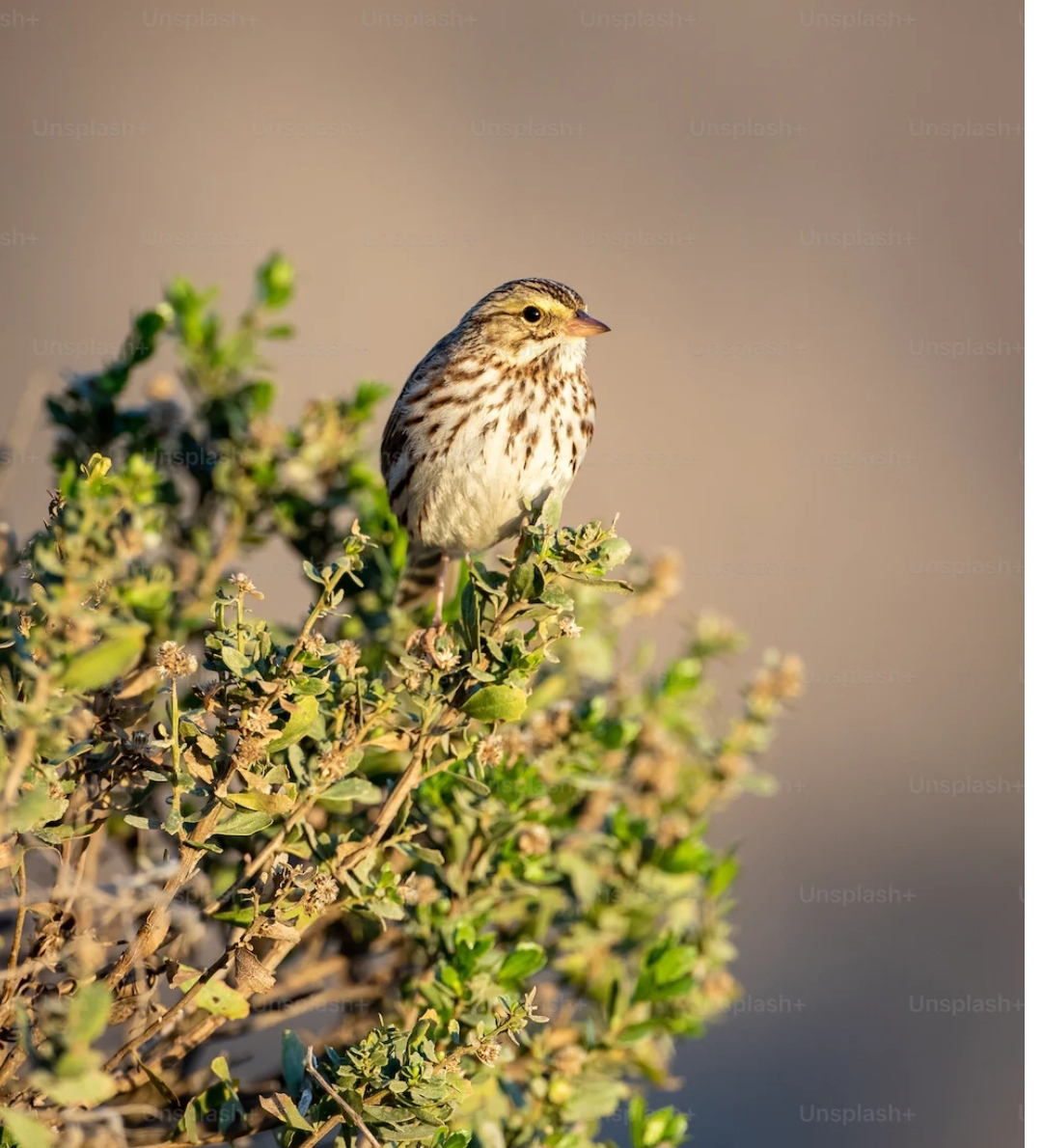summary for the Sparrow by Dunbar
Laurence Dunbar’s Sparrow
Sparrow Laurence Dunbar, also known as Paul Laurence Dunbar, was an influential African-American poet, novelist, and playwright. He was born on June 27, 1872, in Dayton, Ohio, and passed away on February 9, 1906, at the age of 33.
Dunbar’s poem titled “The Sparrow” is a poignant piece that reflects upon the struggles and aspirations of the African-American community during the late 19th and early 20th centuries. “The Sparrow” offers valuable insights into Dunbar’s poetic style and themes. In “The Sparrow,” Dunbar employs vivid imagery and symbolism to convey the experiences of marginalized individuals and the desire for freedom and equality.
The poem begins by describing the sparrow, a small and seemingly insignificant bird, which represents the African-American community. The sparrow is contrasted with the “birds of brilliant hue” who possess greater privileges and advantages in society. Through this contrast, Dunbar highlights the plight of African-Americans who faced discrimination and limited opportunities due to their race.
Dunbar further explores the challenges faced by the sparrow in the poem’s subsequent stanzas. He mentions the bird’s struggle for sustenance, referencing the “crumbs” it seeks to find. This imagery symbolizes the basic needs of African-Americans and their constant pursuit of survival amid adversity. Additionally, Dunbar touches upon the sparrow’s longing for freedom and its efforts to soar high, emphasizing the aspiration for equality and social progress.
Although “The Sparrow” is a relatively short poem, it carries profound themes of perseverance, resilience, and the yearning for a better future. Through his use of simple yet powerful language, Dunbar captures the essence of the African-American experience and calls for empathy and understanding.
Overall, Sparrow Laurence Dunbar’s poem “The Sparrow” serves as a significant contribution to African-American literature, shedding light on the struggles and aspirations of marginalized communities. It stands as a testament to Dunbar’s talent as a poet and his commitment to addressing social issues through his art.




Comments
Post a Comment